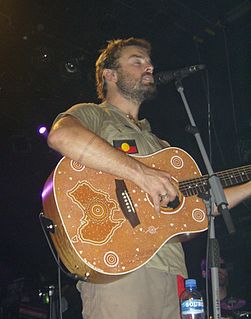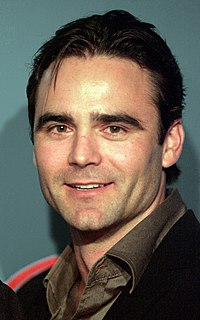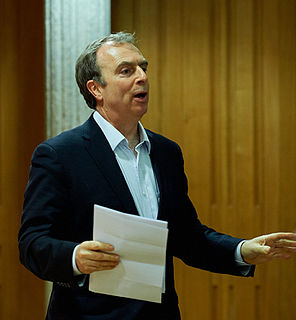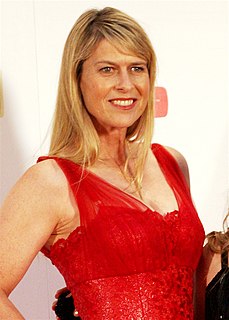A Quote by Stephen Kinzer
Canada, Australia and New Zealand have apologised for their treatment of native peoples.
Quote Topics
Related Quotes
Well, we don't think for a moment that either the U.S. or Australia are out to damage the New Zealand economy, but if there were a sustained period in which they had a free-trade agreement and New Zealand didn't have that same arrangement with the States, that could be both trade- and investment-distorting.
I have visited nearly 60 countries and lived in the U.S.S.R., Russia, and the U.S.A., and I have never experienced anything as good as what we have. Only in the Anglosphere countries - the U.S.A., Canada, Australia, and New Zealand - is there anything comparable. I am amazed at how relaxed we are about giving this away.
The most striking thing Snowden has revealed is the depth of what the NSA and the Five Eyes countries [Australia, Canada, New Zealand, Great Britain, and the US] are doing, their hunger for all data, for total bulk dragnet surveillance where they try to collect all communications and do it all sorts of different ways. Their ethos is "collect it all."
Many European countries, as well as Australia, Canada, Israel, and New Zealand, have adopted legislation that creates a 'public lending right', where the government recognises that enabling hundreds of people to read a single copy of a book provides a public good, but that doing so is likely to reduce sales of the book.
In the United States and some of the other countries involved it's sort of a "five eyes" global spying alliance. That's the US, UK, Canada, New Zealand, and Australia. They've had a little bit of a more muscular public response. Now, they haven't been satisfying or really meaningful in any country yet. But they have been engaging.



































